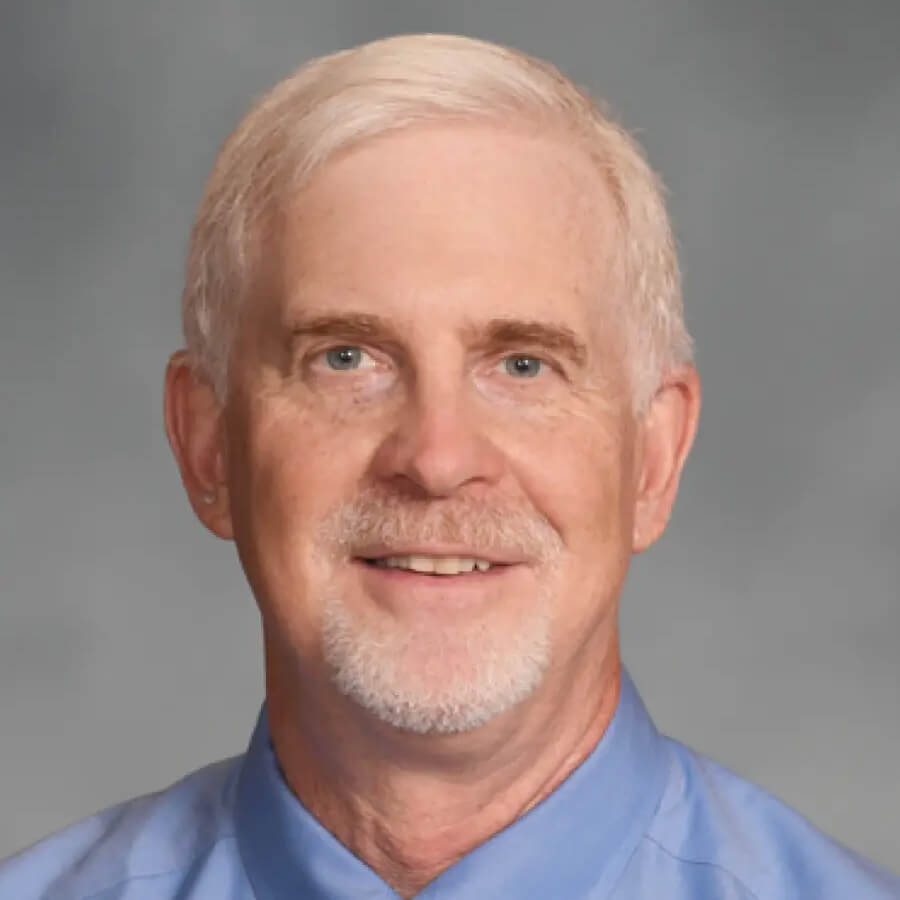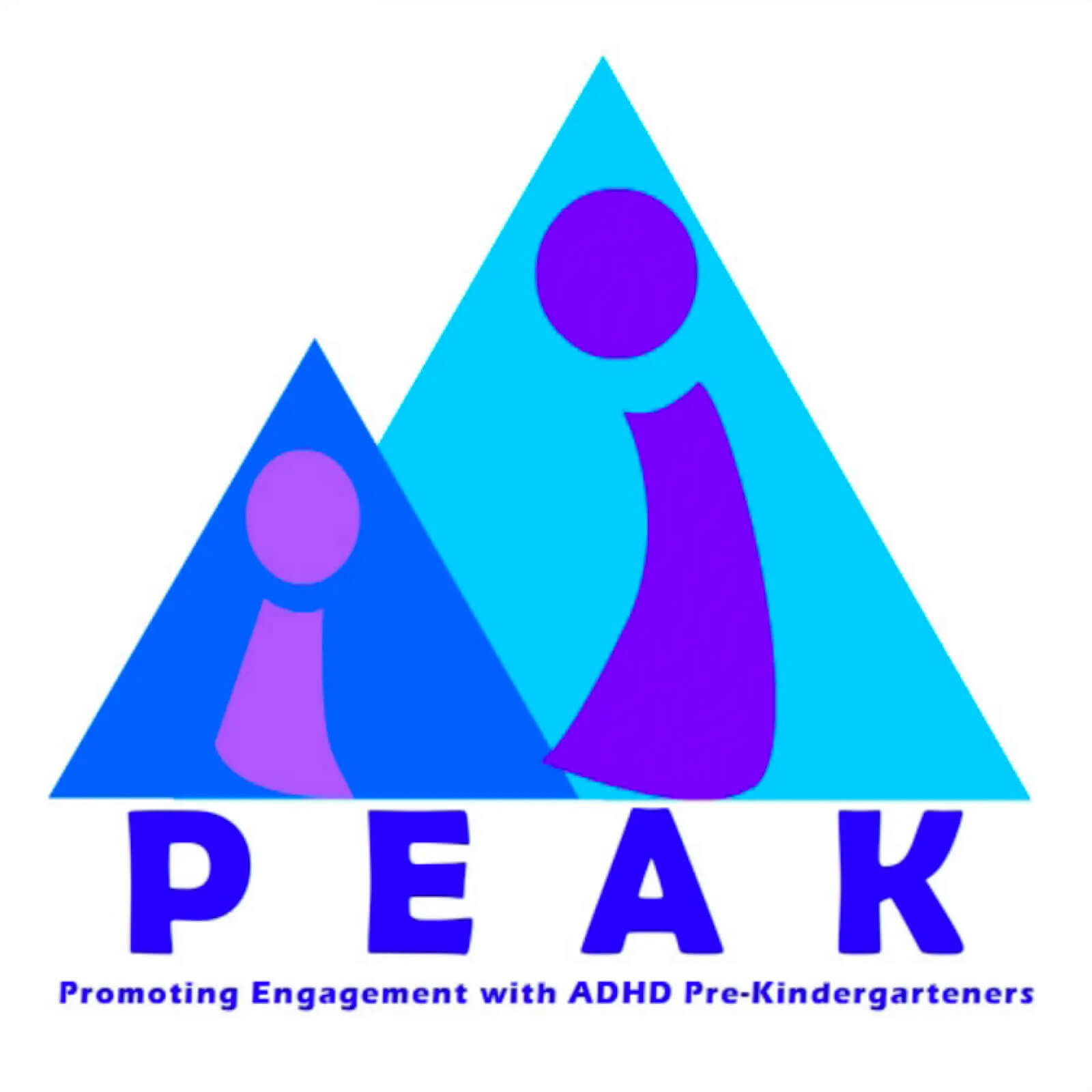When parents hear a diagnosis of attention deficit hyperactivity disorder (ADHD) for their child, they might assume that the next step is medication.
That’s not necessarily the case, according to George DuPaul ’13P ’14P and Lee Kern ’27P, professors in the College of Education, who for over 20 years have been researching ADHD in very young children.
“Medication may be necessary for some kids, but it’s not sufficient,” explains DuPaul. “It doesn’t teach them anything or change family dynamics in any permanent way.”
That’s what motivated DuPaul and Kern to develop Project PEAK (Promoting Engagement with ADHD pre-Kindergarteners), a streamlined, evidence-based behavioral training program designed for parents of young children (ages 3 to 5) with ADHD. Their approach emphasizes practical strategies, such as positive reinforcement, consistent routines, and optimistic parenting, and not medication alone to improve long-term outcomes.

From Medication to Behavioral Training
ADHD is among the most common neurodevelopmental disorders in children, often identified by patterns of inattention, hyperactivity, and impulsivity. While medication has long been a standard treatment, DuPaul and Kern recognized early in their careers that pharmaceuticals alone could not solve ADHD problems.
DuPaul, who was trained as a school psychologist, first became interested in ADHD treatment in the early 1980s at UMass Memorial Medical Center, where he was engaged in medication-related treatment for youth with ADHD.
“I knew then that medication doesn’t teach kids anything,” says DuPaul. “So my interest really was, how do we help families and school personnel — teachers in particular — support better self-regulation skills for kids with ADHD?”
Kern, who has a background in special education, child development, and rehabilitation at the University of Pennsylvania School of Medicine, had a similar experience.
“We had an inpatient unit for children with severe self-injury and aggression, but when the kids went back home, it would start up again,” remembers Kern. “So I really wanted to move to a more naturalistic setting where we could provide intervention.”

A Way Forward for Families
Over the past 20 years, DuPaul and Kern have worked together to develop the PEAK program with the goal of early identification of ADHD symptoms for children as early as preschool, and parent training, not medication, to improve outcomes.
“On the child side, we’re not just looking at reduction in symptoms and problem behaviors, but also enhancement of early academic skills and self-regulation behavior,” says DuPaul. Adds Kern, “We’re teaching kids new ways of responding to replace that problem behavior.”
Funded by major grants from the Institute of Education Sciences and the National
Science Foundation, PEAK was designed to overcome barriers such as cost, scheduling, and clinician shortages, which often prevent families from accessing behavioral interventions.
A key innovation of PEAK is its asynchronous online training, which allows parents to learn and practice strategies at their own pace. In rigorous randomized controlled trials, both the online and in-person versions of PEAK were found equally effective in reducing ADHD and defiant behavior symptoms while also enhancing parent skills and confidence.
“We were very encouraged by the fact that online parent education was as effective as face-to-face parent education, as this may improve accessibility for families,” notes DuPaul.
PEAK in Action
The impact of PEAK has been profound. Families who participated in studies reported significant improvements in their children’s self-regulation, early academic skills, and family dynamics. Parents also experienced a boost in their own sense of control and optimism, thanks in part to the program’s unique focus on “optimistic parenting,” helping caregivers reframe negative thoughts and foster a more hopeful outlook.
Importantly, the research also suggests that early behavioral intervention can delay or even reduce the need for medication in many cases. For preschoolers, national guidelines now recommend behavioral parent training as the first-line treatment before considering pharmaceuticals — a shift supported by DuPaul and Kern’s findings.
Getting PEAK to Parents

Now, with years of successful trials behind them, DuPaul and Kern are focused on scaling up PEAK to reach more families. They feel this is important because there aren’t any other programs out there quite like it.
“PEAK is specific to ADHD, targets a young age group, and includes the optimistic parenting component,” says DuPaul.
The first pilot of the program is in production through a partnership with Lehigh University’s Integrated Business and Engineering program (IBE), a four-year honors program where business and engineering students work together to strategize ways to get products to the marketplace. The team is looking forward to making PEAK widely available. After completion of the pilot program, the next step, says DuPaul, “would be community organizations, clinics, to take this on and distribute it.”
Adds Kern, “Our biggest goal is to get it out — to get it in the hands of parents and families who need it.”


